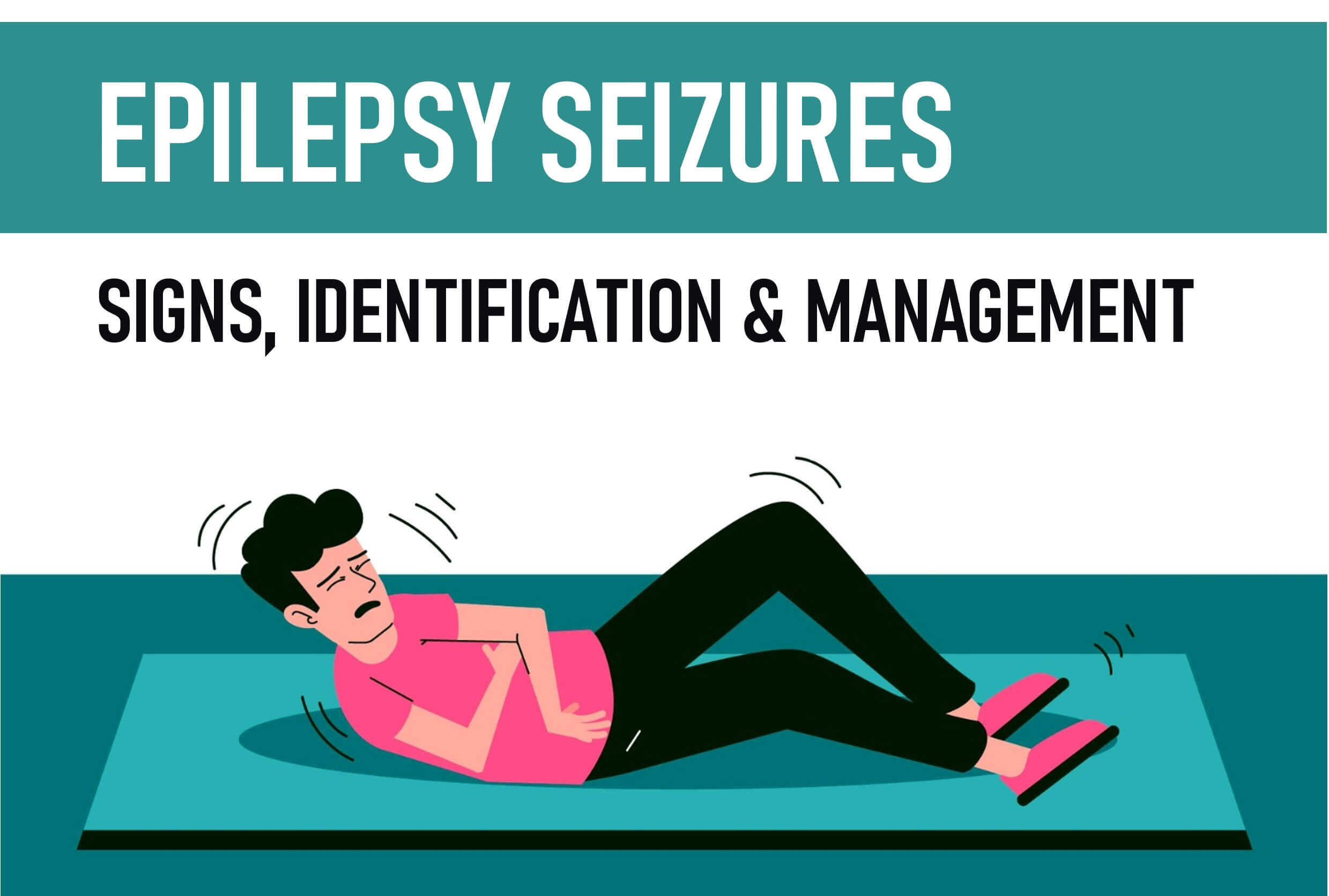Epilepsy is a neurological condition that affects millions of people worldwide. It is characterized by recurrent, unprovoked seizures caused by abnormal brain activity. While seizures can be alarming, early identification and proper management can significantly improve the quality of life for individuals with epilepsy. If you or someone you know is dealing with seizures, consulting the best neurologist for epilepsy in Ahmedabad is crucial for accurate diagnosis and effective treatment.
How to Identify an Epilepsy Seizure?
Seizures can manifest in various ways, depending on the type and the part of the brain affected. Here are some common signs to watch out for:
- Uncontrolled Jerking Movements: Sudden and repetitive movements in the arms, legs, or face are often indicative of a seizure.
- Loss of Consciousness: A person may faint or become unresponsive for a short period, often followed by confusion.
- Staring Spells: Blank stares or moments of unawareness lasting a few seconds are characteristic of absence seizures.
- Confusion or Disorientation: After a seizure, individuals may appear dazed or unable to respond for a brief period.
- Sudden Emotional Changes: Episodes of fear, anxiety, or déjà vu sensations without a clear trigger can also be signs of a seizure.
- Muscle Stiffness or Twitching: Some seizures cause a sudden tightening of the muscles, while others may cause rhythmic twitching.
Recognizing these symptoms and seeking timely medical attention from an epilepsy doctor in Ahmedabad is critical for managing the condition.
Types of Seizures
Understanding the different types of seizures can help in identifying the condition more effectively. There are two broad categories:
- Focal Seizures: These begin in one specific part of the brain and may cause localized symptoms such as twitching, tingling, or strange sensory experiences.
- Generalized Seizures: These affect both sides of the brain and include subtypes like tonic-clonic seizures (with jerking and stiffening movements) and absence seizures (brief lapses in consciousness).
SEE ALSO: Causes of Adult-Onset Seizures
Consulting a neurologist in Ahmedabad for a thorough evaluation can help identify the type of seizure and determine the best course of treatment.
Ways to Manage Epilepsy Seizures
Managing epilepsy seizures requires a combination of medical treatment, lifestyle adjustments, and ongoing care. Here are some key steps:
1. Consult a Specialist
Visit an epilepsy treatment clinic nearby to work with a team of experts. A neurologist will perform a detailed evaluation, which includes medical history, neurological exams, and tests like EEG and MRI to pinpoint the cause of seizures.
2. Medications
Anti-epileptic drugs (AEDs) are often the first line of treatment to control seizures. Your epilepsy specialist will prescribe the right medication and dosage tailored to your needs. Adhering to the prescribed medication schedule is crucial for effective seizure control.
3. Lifestyle Modifications
Adopting certain lifestyle changes can significantly reduce the risk of seizures. These include:
- Adequate Sleep: Sleep deprivation is a common trigger for seizures. Maintain a consistent sleep routine.
- Stress Management: Engage in stress-reducing activities like yoga, meditation, or light exercise.
- Avoid Alcohol and Recreational Drugs: These substances can interfere with medication and provoke seizures.
4. Seizure First Aid
Knowing how to respond to a seizure can be life-saving. If someone experiences a seizure:
- Help them lie down in a safe space and place something soft under their head.
- Roll them onto their side to prevent choking.
- Remove any sharp objects nearby.
- Stay calm and avoid putting anything in their mouth.
5. Advanced Treatment Options
For individuals who don’t respond to medication, advanced options like vagus nerve stimulation (VNS), responsive neurostimulation (RNS), or epilepsy surgery may be considered. Discuss these options with your neurologist to explore suitable alternatives.
6. Dietary Changes
Research has shown that dietary approaches, such as the ketogenic diet, may benefit individuals with drug-resistant epilepsy. This diet must be followed under the supervision of doctor to ensure its safety and effectiveness.
The Importance of Early Diagnosis and Treatment
Epilepsy is a condition that thrives on timely intervention. Delaying treatment can lead to worsening symptoms and complications such as injuries from uncontrolled seizures. Visiting a trusted epilepsy treatment clinic in Ahmedabad allows patients to receive a comprehensive evaluation, accurate diagnosis, and tailored treatment plans.
Advanced diagnostic tools like EEG, MRI, and video monitoring at these clinics ensure precise epilepsy diagnosis and treatment. Early treatment can significantly improve seizure control, enabling patients to live fulfilling lives.
Looking for the best epilepsy diagnosis and treatment in Ahmedabad? Contact us today!
Wrapping Up…
Epilepsy is a manageable condition with the right medical care and lifestyle adjustments. If you or someone you know is experiencing seizures, don’t hesitate to seek help.
Need consultation with a trusted epilepsy specialist or the best neurologist for epilepsy in Ahmedabad? Schedule your appointment.
Source/s: Banner image by freepik.com







